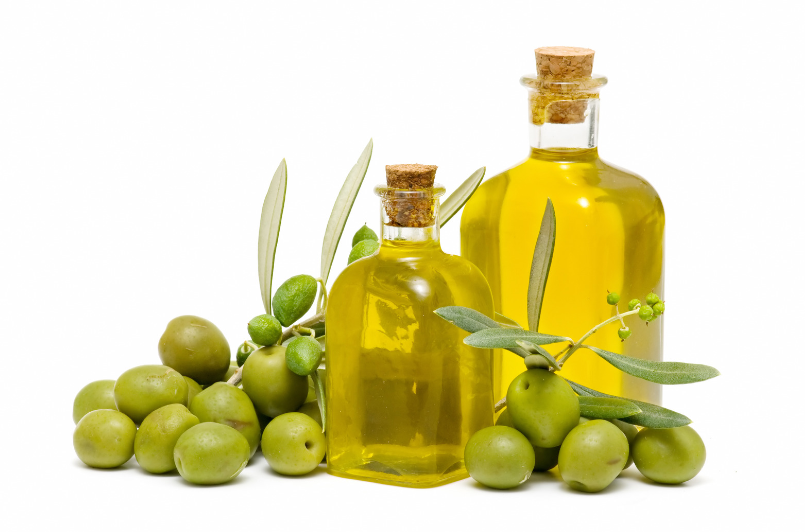By: Sanjeev Javia
If you’re like many home cooks, you likely have your trusty bottle of olive oil perched conveniently beside your stovetop. However, despite its resilient reputation, this delicate elixir deserves better treatment. Let’s delve into the world of olive oil preservation and optimization to ensure we’re getting the most out of this ancient, healthful ingredient.
Certifications: A Sign of Quality
When it comes to olive oil, appearances can be deceiving. A bitter or sharp taste doesn’t necessarily indicate poor quality; it could signify high antioxidant content—a desirable trait. To truly gauge quality and purity, look for certifications from reputable organizations such as the USDA Quality Monitoring Program, the North American Olive Oil Association (NAOOA), the California Olive Oil Council (COOC), and the Extra Virgin Alliance (EVA). The USDA seal stands out as the gold standard, offering comprehensive quality assurance.
Packaging from Harm
Olive oil is notoriously sensitive to light exposure. Once exposed, its delicate chemical composition degrades, leading to rancidity and diminished flavor. Opt for olive oils packaged in dark glass jars or tins to shield them from harmful light rays. Avoid plastic containers, as they permit air infiltration, hastening oil oxidation. Remember, preservation begins at the point of purchase.
Storing from Harm’s Way
The ideal habitat for olive oil? A cool, dark cabinet shielded from the perils of heat and light. While refrigeration isn’t necessary, it can provide extra protection, especially in hot climates. Keep your olive oil away from the stove, a haven where light, air, and heat converge—three adversaries that spell trouble for this precious elixir.
Preserving Vital Nutrients
While olive oil is a stalwart companion in the kitchen, excessive heat exposure can compromise its health benefits. Research suggests prolonged cooking times at moderate to high temperatures can significantly reduce its antioxidant content. Opt for low-heat cooking methods and minimize cooking duration to mitigate nutrient loss. When in doubt, embrace olive oil in its unaltered form—as a delectable drizzle over salads and finished dishes.
Embracing Moderation
Despite its myriad health benefits, olive oil remains an oil—a concentrated source of calories and fats. Exercise prudence in its usage, reserving it for occasions where its flavor and nutritional virtues shine brightest. Consider purchasing smaller bottles to ensure freshness, and consume within a reasonable six to eight months to fully savor its goodness. Let’s elevate our olive oil experience, from storage to usage, and relish in its ancient, healthful legacy.
By implementing these simple strategies, we can unlock the full potential of olive oil, preserving its integrity and maximizing its nutritional benefits. Let’s embark on a journey of culinary enlightenment, where each drizzle of olive oil becomes a testament to our commitment to health and vitality.

